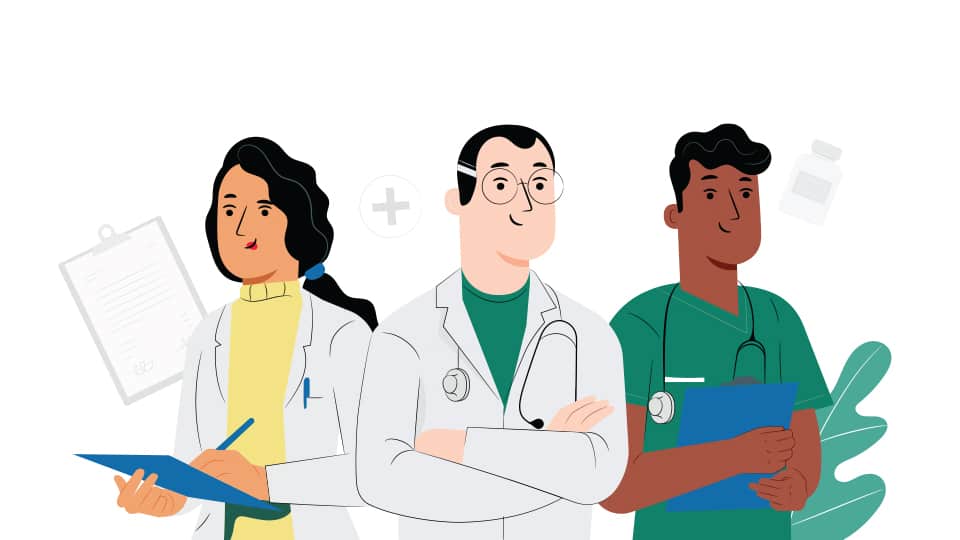Ask the Expert: What are the good bladder habits?

What is the normal frequency to empty your bladder?
It is normal to go to the toilet between 4-8 times per day and no more than once at night.
Keeping your bladder healthy
Poor bladder habits can lead to poor bladder control and sometimes incontinence. Here are some simple steps that everyone should follow to keep their bladder healthy.
Ensure adequate fluid intake
- Try to drink at least 1.5 litres (6-8 cups) of fluid per day unless advised otherwise by your doctor.
- Limit the amount of caffeine and alcohol you drink as they may irritate the bladder.
- Do not drink too much coffee, tea or cola. (Instant coffee contains less caffeine than percolated coffee. Tea contains less caffeine than coffee).
Practising good toilet habits
- Do not get into the habit of going to the toilet ‘just in case’ as this tends to result in the bladder developing a smaller capacity. Try to go only when your bladder is full and you need to go. However, emptying your bladder before going to bed is fine.
- Take your time when urinating so that your bladder has an opportunity to empty completely. For women, this should be in a seated position. If you rush, this may result in incomplete emptying of your bladder and possible urinary infections.
Maintaining good bowel habits
Keep your bowels regular and avoid constipation. Persistent straining when moving your bowels can weaken your pelvic floor muscles.
Looking after your pelvic floor muscles
Keep the tone in your pelvic floor muscles strong with regular pelvic floor exercises.
Signs of bladder control problems
- Any involuntary leakage of urine.
- Loss of urine, regardless of amount, when you cough, sneeze, laugh, stand, lift or when leakage occurs with sport or other physical activity.
- An urgent need to pass urine, being unable to hold on or not getting to the toilet in time.
- Passing small amounts of urine frequently and consistently, e.g. more than eight times per day in small amounts of less than 200 mls (about one tea cup).
- Having to get up several times overnight to pass urine.
- Bedwetting over the age of five years.
- Difficulty getting your stream of urine started or a stream that stops and starts instead of flowing out smoothly.
- The need for straining to pass urine.
- A sense that the bladder is not empty once urine has been passed.
- A feeling of burning or discomfort while passing urine.
- If you are always thirsty and have to urinate frequently (You could be suffering from diabetes).
- Any change in your regular bladder pattern that is a cause of concern.
You are not alone if you experience any of the above signs. Bladder control problems can be cured or improved if treated. Please seek help from either your doctor, or a urologist if you experience any of these symptoms.


